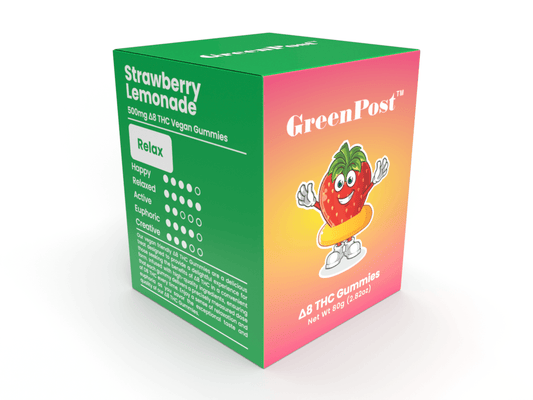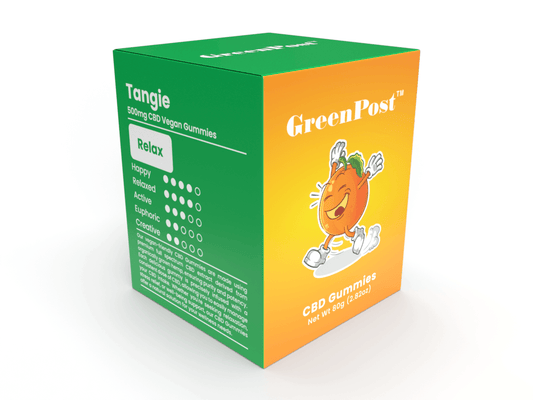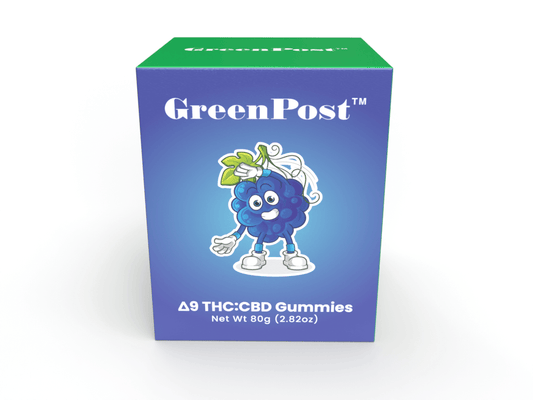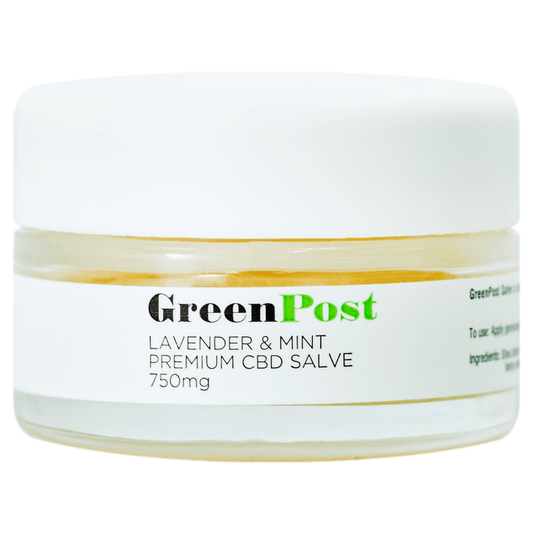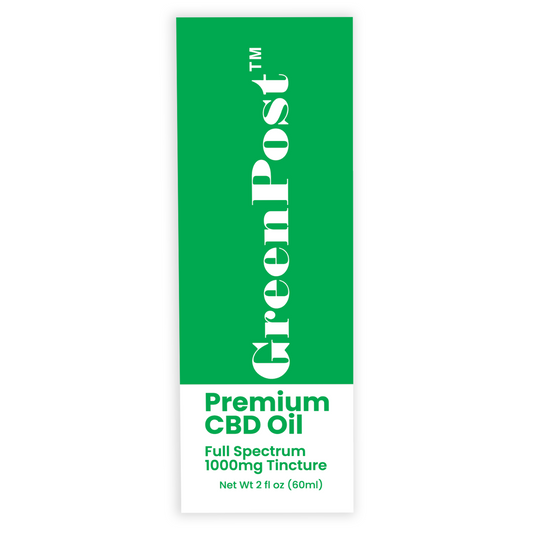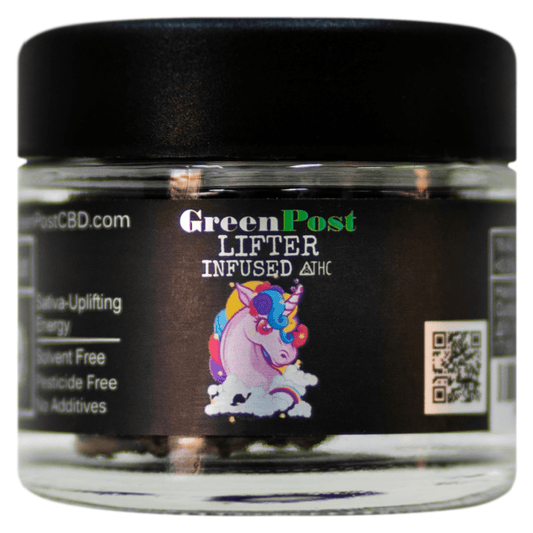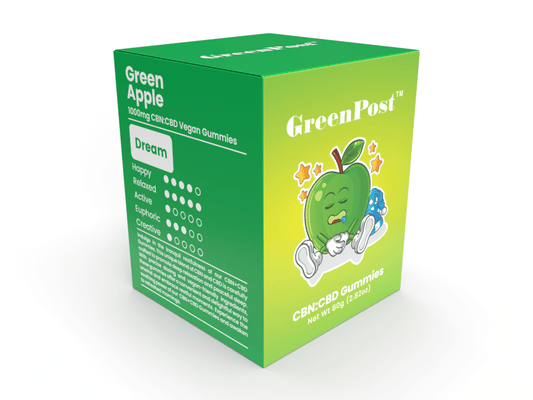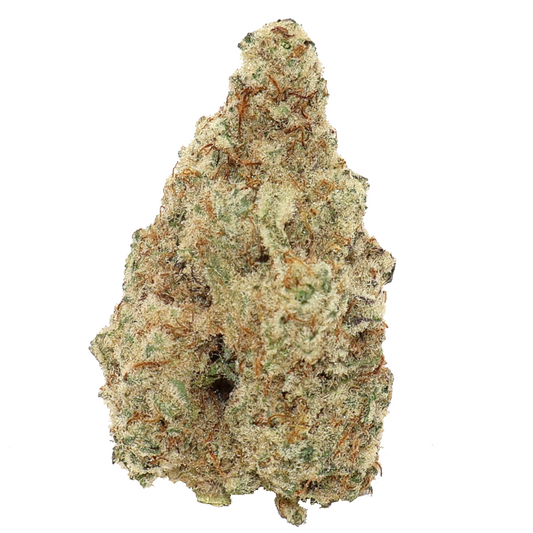Delta 8 has gained significant attention in the cannabis industry as a legal alternative to Delta 9 THC.
However, its legal status is a topic of confusion and debate in many states, including Vermont.
In this article, we will delve into the subject and explore the legality of Delta 8 in the Green Mountain State.
Table of Contents
Understanding Delta 8
Before we dive into the legal aspects, it's essential to have a basic understanding of what Delta 8 is.
Delta 8 is a naturally occurring cannabinoid found in hemp plants. It's chemically similar to Delta 9 THC, the psychoactive compound in marijuana, but with a slightly altered molecular structure.
When Delta 8 is consumed, it interacts with the body's endocannabinoid system, just like Delta 9 THC. This system is responsible for regulating various physiological processes, including mood, appetite, pain sensation, and more. Delta 8 binds to the CB1 receptors in the brain and nervous system, resulting in its psychoactive effects.
However, unlike Delta 9 THC, Delta 8 is known to produce milder psychoactive effects. This means that users can experience a more relaxed and subtle high, making it a preferred choice for those who want to enjoy the benefits of THC without feeling overwhelmed or anxious.
It's important to note that the legality of Delta 8 THC varies from state to state. While some states have explicitly legalized it, others have placed restrictions or even banned its sale and consumption. Therefore, it's crucial to familiarize yourself with the laws and regulations in your specific location before considering the use of Delta 8 products.
As the demand for Delta 8 continues to grow, more research is being conducted to better understand its effects and potential benefits. Scientists and experts are exploring its therapeutic applications and studying its safety profile.
In conclusion, Delta 8 is a fascinating cannabinoid with unique properties and effects. While it shares similarities with Delta 9 THC, it offers a milder psychoactive experience, making it appealing to a wide range of consumers. Additionally, its potential therapeutic benefits make it an intriguing compound for further exploration. However, it's crucial to stay informed about the legal status of Delta 8 in your area and consult with healthcare professionals before incorporating it into your wellness routine.
The Legal Status of Delta 8 in the United States
The legal standing of Delta 8 is not clear-cut at the federal level. At the time of writing, the federal government defines hemp as cannabis with 0.3% or less Delta 9 THC content. Delta 8, being derived from hemp, is often considered legal under the 2018 Farm Bill.
However, this interpretation has been subject to scrutiny, and various states have imposed their own regulations on Delta 8. This state-by-state approach has created a patchwork of laws and regulations, making it crucial to understand the specific regulations in Vermont.
In Vermont, the legal status of Delta 8 is a topic of ongoing debate and discussion. While the state has legalized the recreational use of cannabis, the specific regulations surrounding Delta 8 remain unclear. Some argue that Delta 8 falls under the umbrella of legal cannabis products, while others believe it should be treated differently due to its psychoactive properties.
One of the main concerns surrounding the legal status of Delta 8 in Vermont is its potential for abuse. Delta 8 is known to produce psychoactive effects similar to Delta 9 THC, although to a lesser extent. This has led some lawmakers and regulatory bodies to question whether it should be subject to stricter regulations or even banned altogether.
On the other hand, proponents of Delta 8 argue that it offers unique benefits and should be treated differently from other cannabis products. They point to its potential therapeutic properties, such as its ability to alleviate pain, without the intense psychoactive effects associated with Delta 9 THC.
As the debate continues, it is important for consumers and businesses alike to stay informed about the evolving legal landscape surrounding Delta 8 in Vermont. This includes keeping up to date with any new regulations or guidelines issued by state authorities, as well as understanding the potential risks and benefits associated with Delta 8 use.
Additionally, it is worth noting that the legal status of Delta 8 may vary not only from state to state but also within different municipalities. Local governments have the authority to impose additional restrictions or regulations on the sale and use of Delta 8, further complicating the legal landscape.
Given the complex and evolving nature of Delta 8's legal status, it is advisable to consult with legal professionals or regulatory authorities for the most up-to-date and accurate information. This will help ensure compliance with applicable laws and regulations, and minimize any potential legal risks associated with the use or sale of Delta 8 in Vermont.
The Specifics of Delta 8 Legality in Vermont
As of the time of this writing, Delta 8 is illegal in the state of Vermont, both for recreational and medicinal use.
However, it is important to note that Vermont's laws regarding cannabis can be subject to change, so it is always a good idea to stay updated on any new regulations or legislation.
The Future of Delta 8 in Vermont
As the popularity of Delta 8 continues to rise, it is likely that state legislators in Vermont will address its legal status more explicitly in the future.
Vermont, known for its progressive stance on cannabis, has already legalized the recreational use of Delta 9 THC. However, the legal status of Delta 8 remains somewhat uncertain. While it is not explicitly prohibited, it also doesn't fall under the same regulations as Delta 9 THC. This legal gray area has created a need for clearer guidelines and regulations.
Given the increasing demand for Delta 8 products, it is possible that the state will regulate Delta 8 similarly to Delta 9 THC or introduce specific regulations for its production, sale, and consumption. This could include requirements for licensing, testing, labeling, and packaging, as well as restrictions on potency and advertising.
Legal developments can occur swiftly, so it's crucial for consumers and businesses to stay informed on any potential changes in Vermont's stance on Delta 8. Monitoring updates from state agencies or consulting legal professionals well-versed in cannabis law can provide valuable guidance in navigating the evolving legal landscape.
Furthermore, as the industry continues to grow, it is important for businesses to prioritize consumer safety and transparency. Implementing rigorous quality control measures, such as third-party testing and accurate labeling, can help build trust and ensure that consumers have access to safe and reliable Delta 8 products.
Additionally, education and awareness campaigns can play a significant role in shaping the future of Delta 8 in Vermont. By providing accurate information about the potential benefits and risks associated with Delta 8, policymakers can make informed decisions that balance public health and safety with individual freedom and access to alternative wellness options.
Ultimately, the future of Delta 8 in Vermont will depend on a variety of factors, including public opinion, scientific research, and the evolving understanding of its effects. As the state continues to explore the potential regulation of Delta 8, it is essential for all stakeholders to engage in open and constructive dialogue to ensure that any decisions made are based on evidence and prioritize the well-being of Vermont residents.
Navigating the Legal Landscape of Delta 8 in Vermont.
While Delta 8 is currently illegal in Vermont, it is always important to consume cannabis and its derivatives responsibly and in accordance with the law. This includes being mindful of dosage, potential interactions with other medications, and using products that meet the legal requirements.
In conclusion, as of the time of writing, Delta 8 is illegal in Vermont for both recreational and medicinal use.
However, it is crucial to stay informed about any changes in the state's laws and regulations regarding Delta 8. By staying educated and complying with the current laws, you can enjoy the benefits of Delta 8 in a responsible and legal manner.
Discover High-Quality Delta 8 Products at GreenPost
If you're in a state where Delta 8 is legal, look no further than GreenPost. We pride ourselves on offering top-notch Delta 8 gummies, oils, flower and more, all sourced from high-quality hemp. Our products undergo stringent testing to ensure purity and potency.

